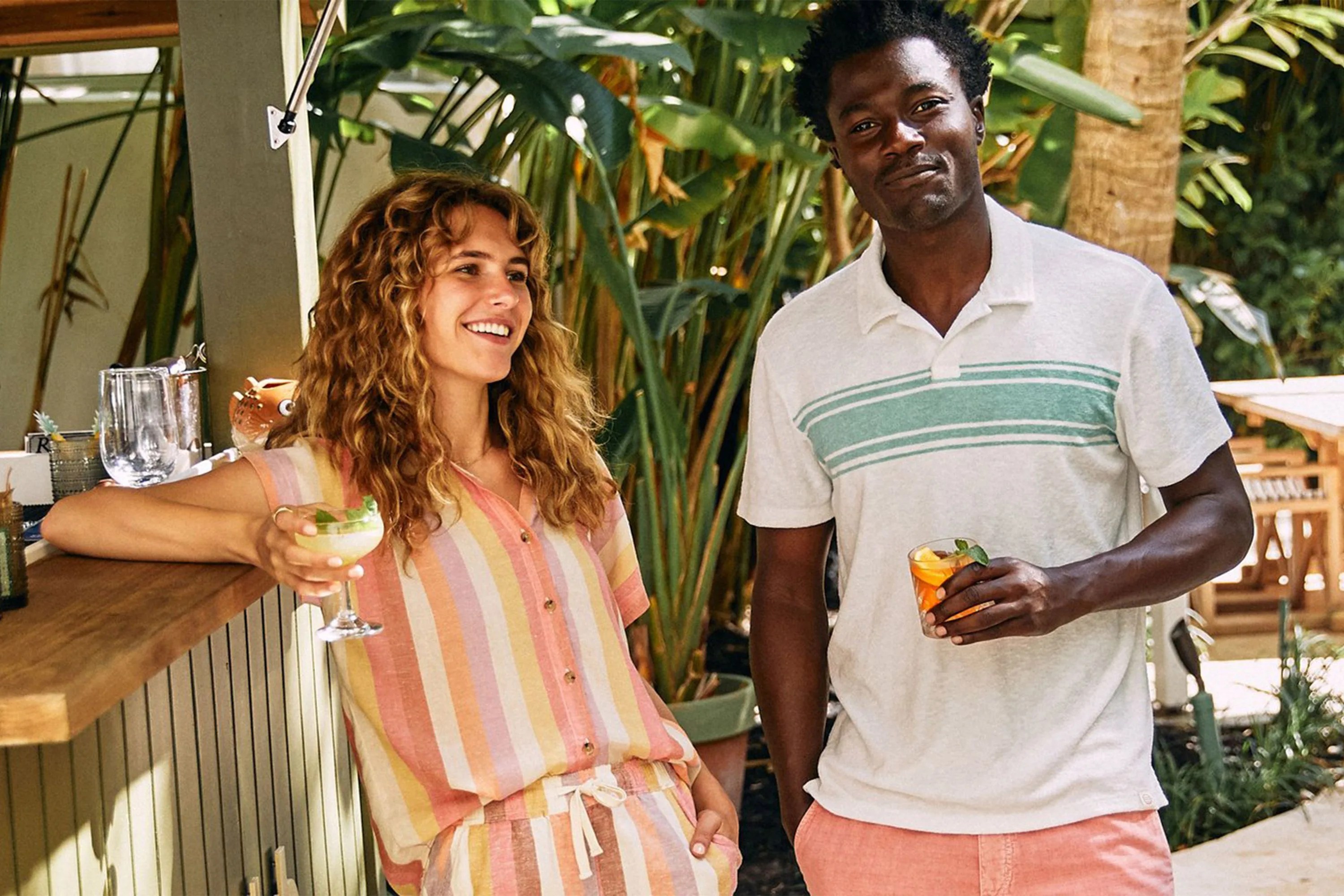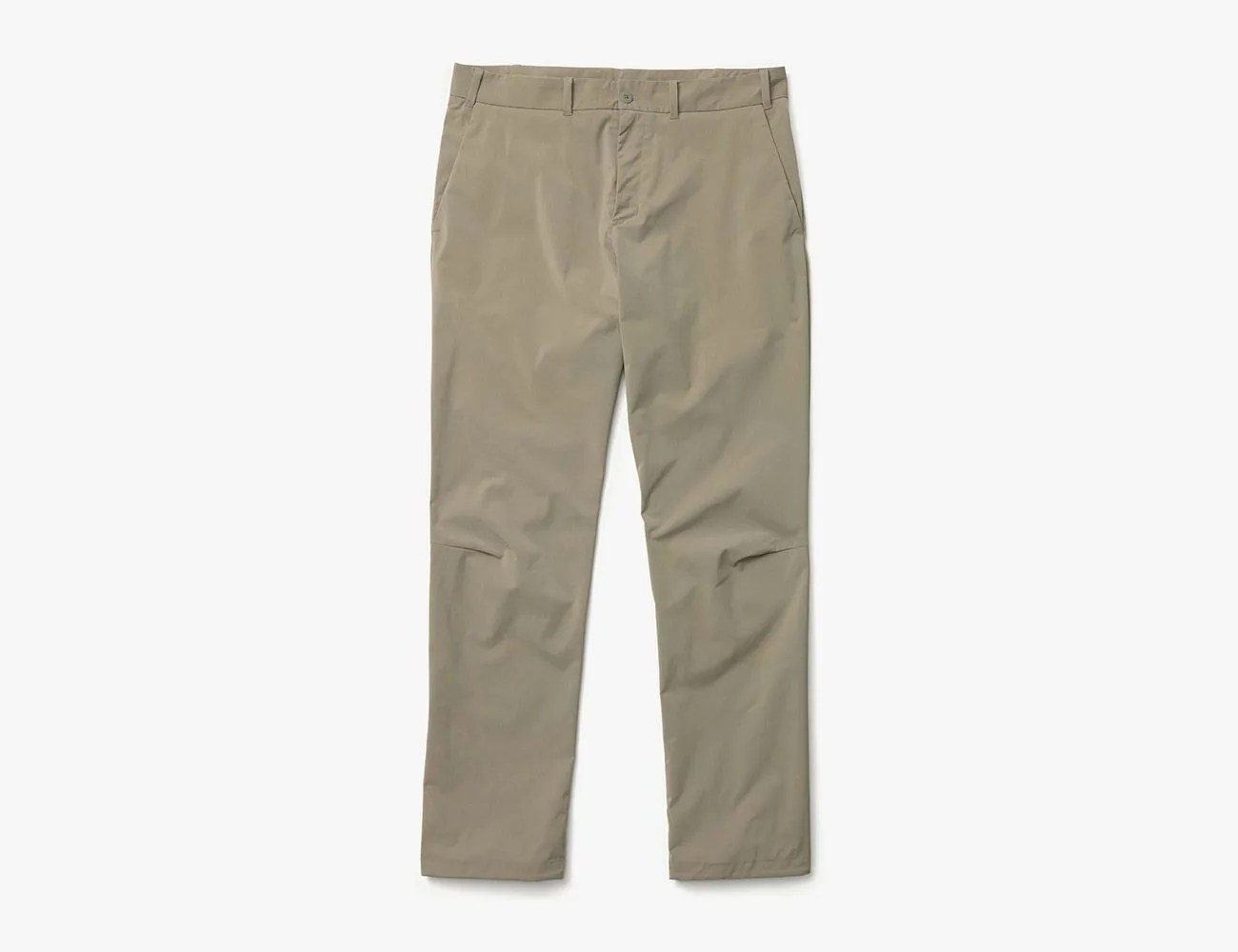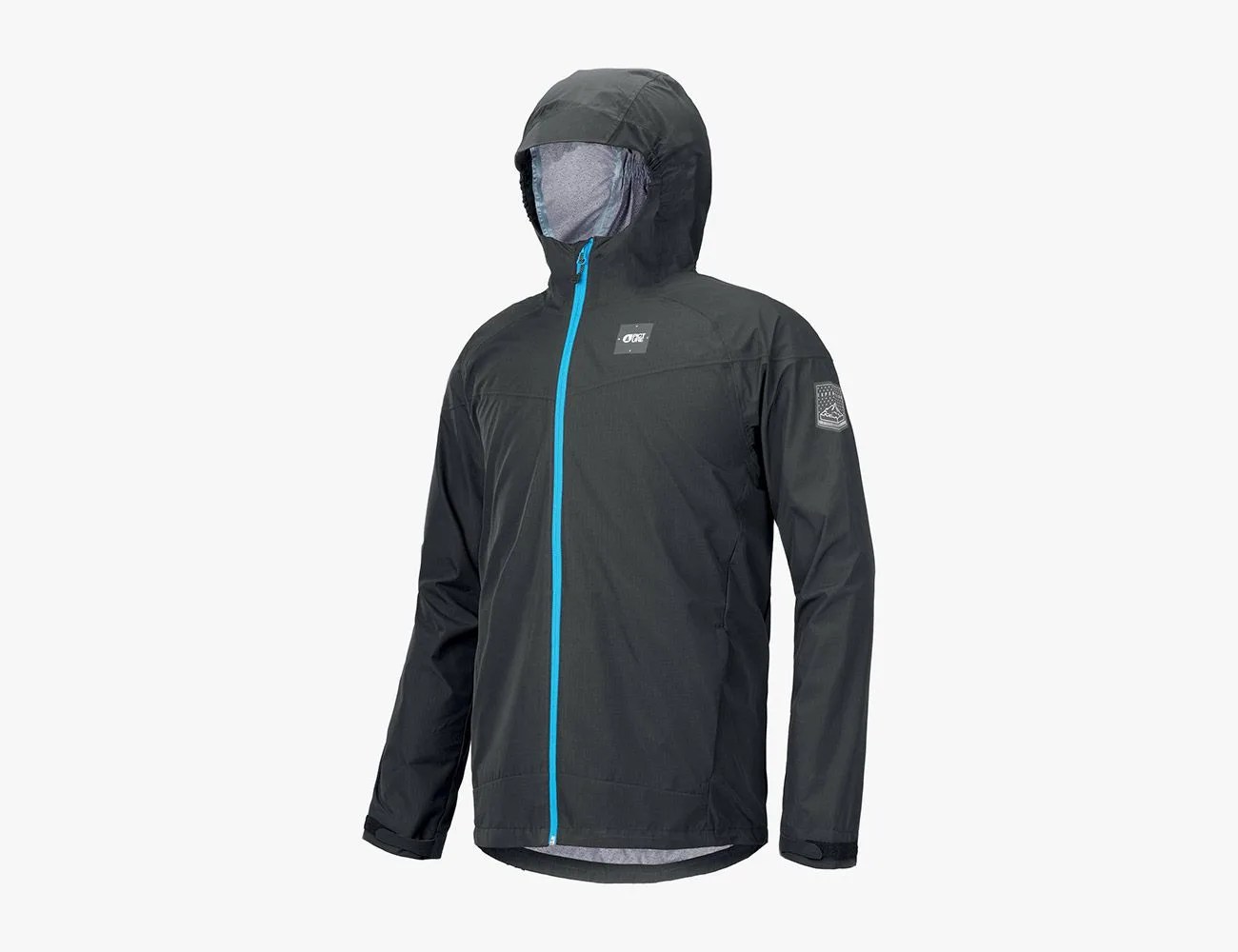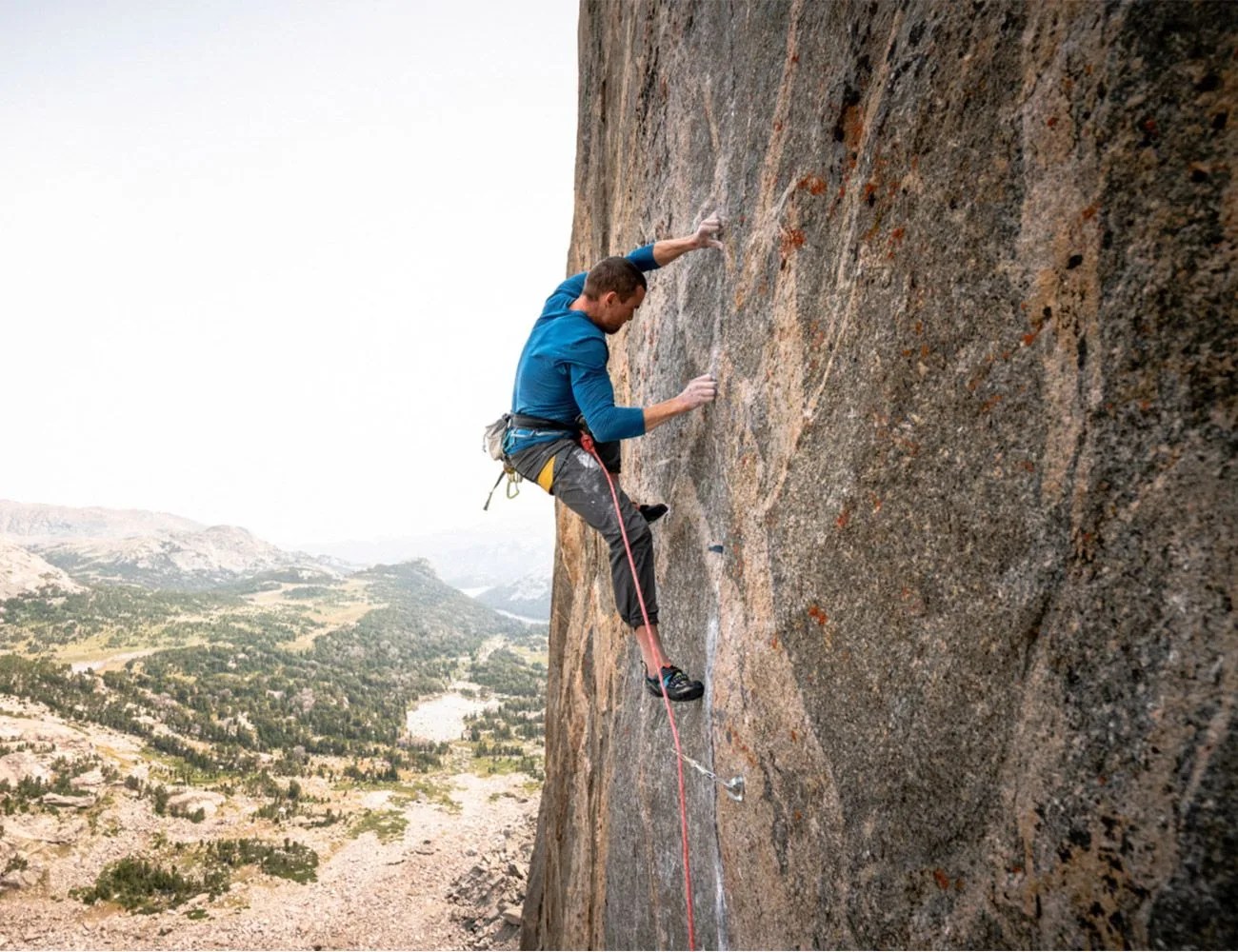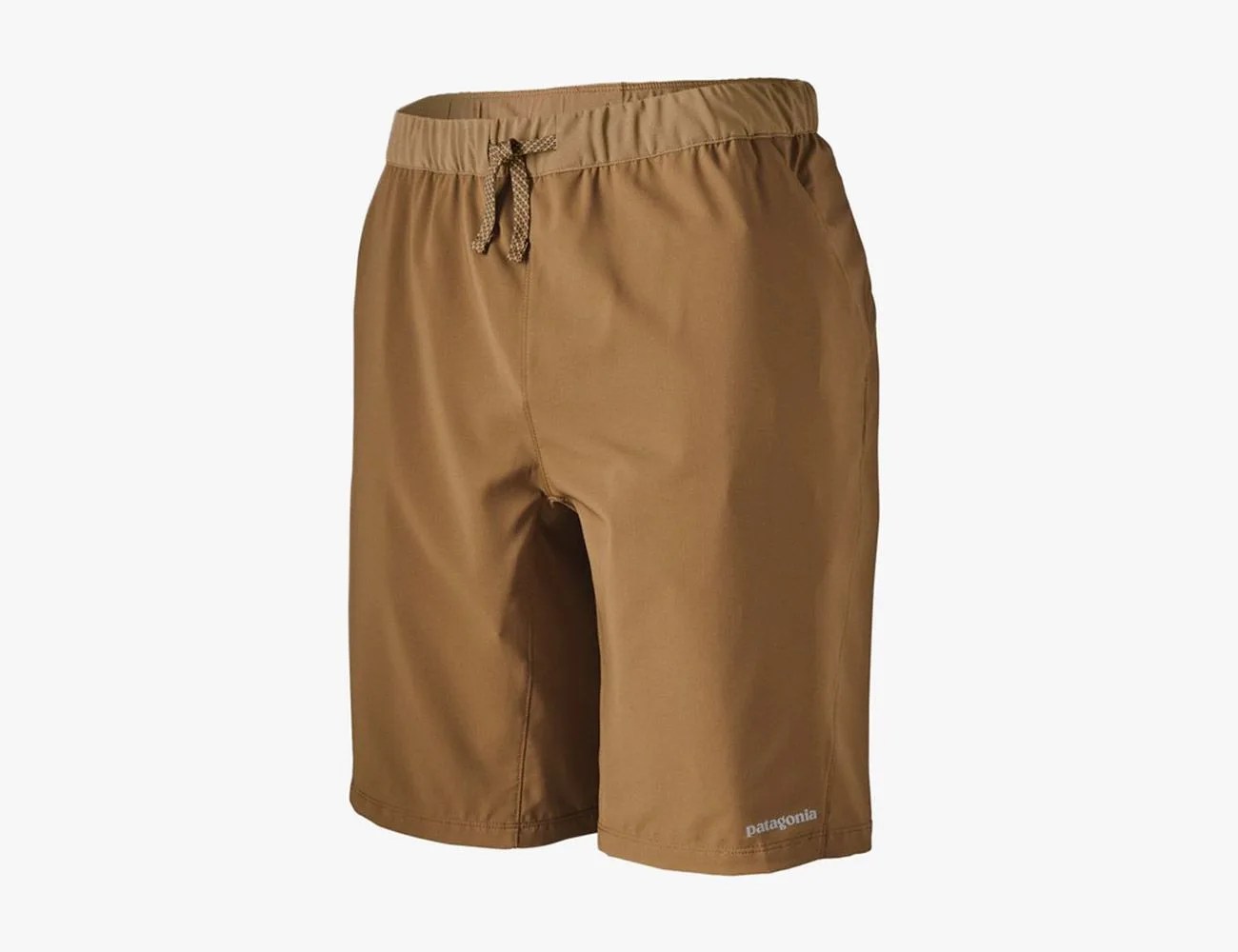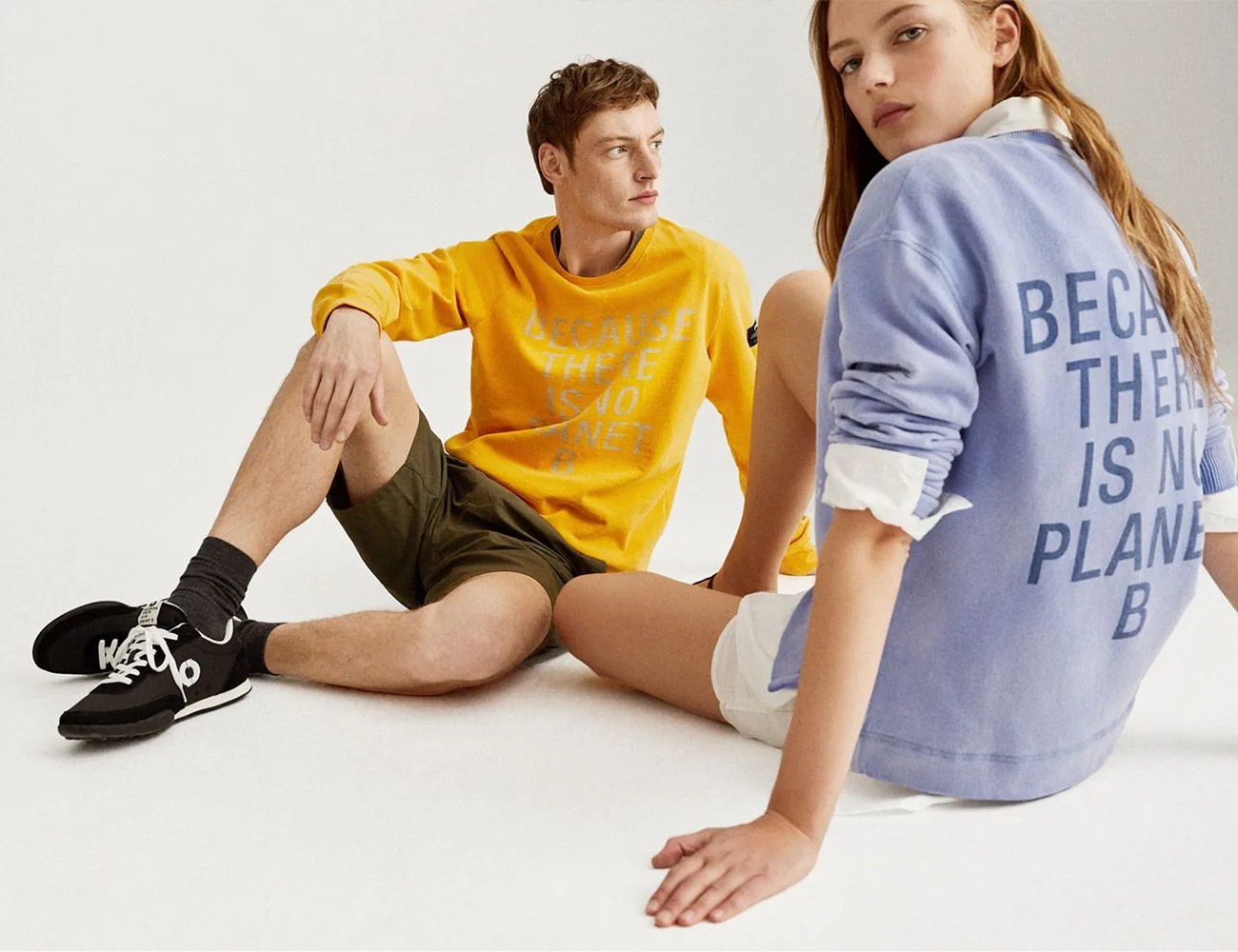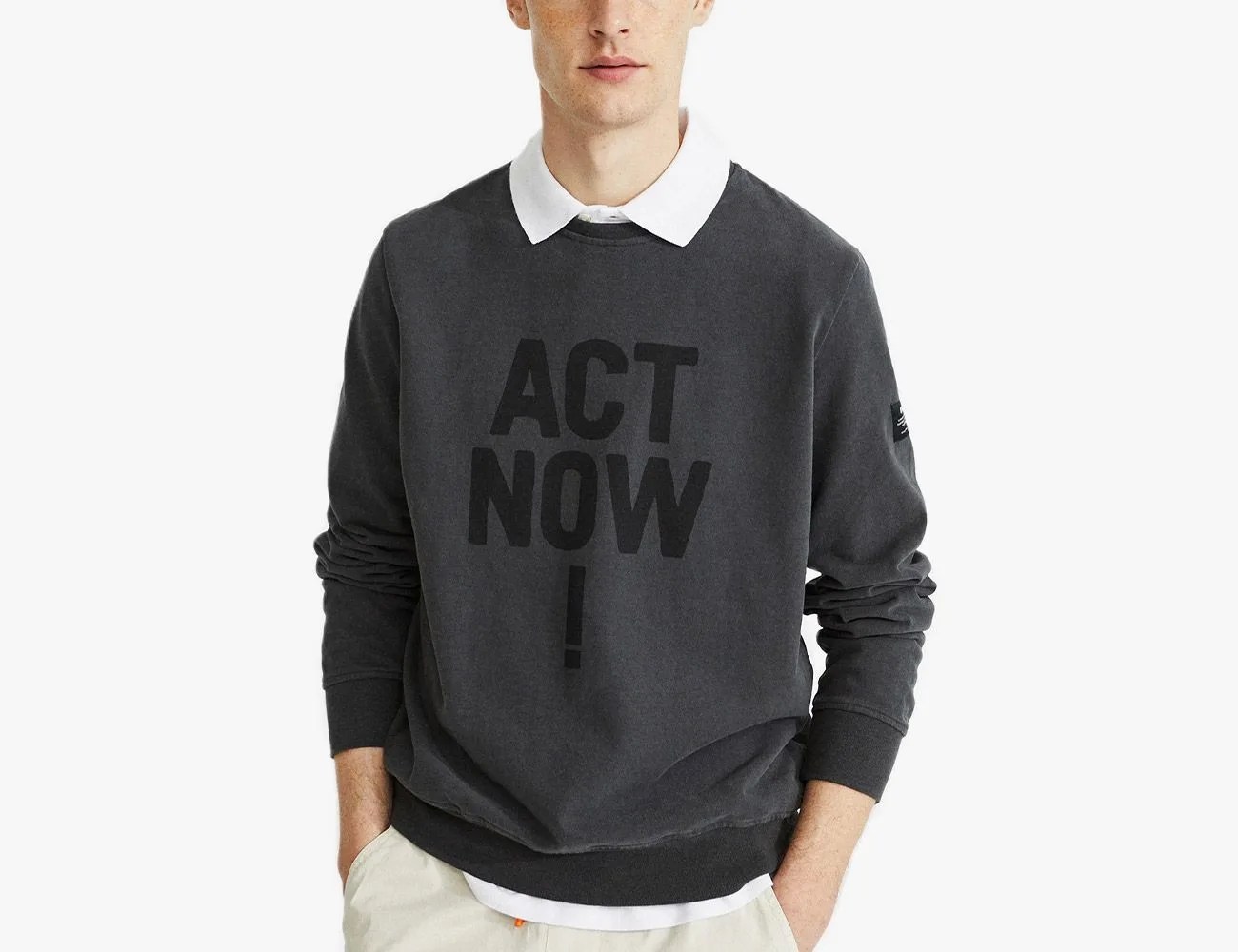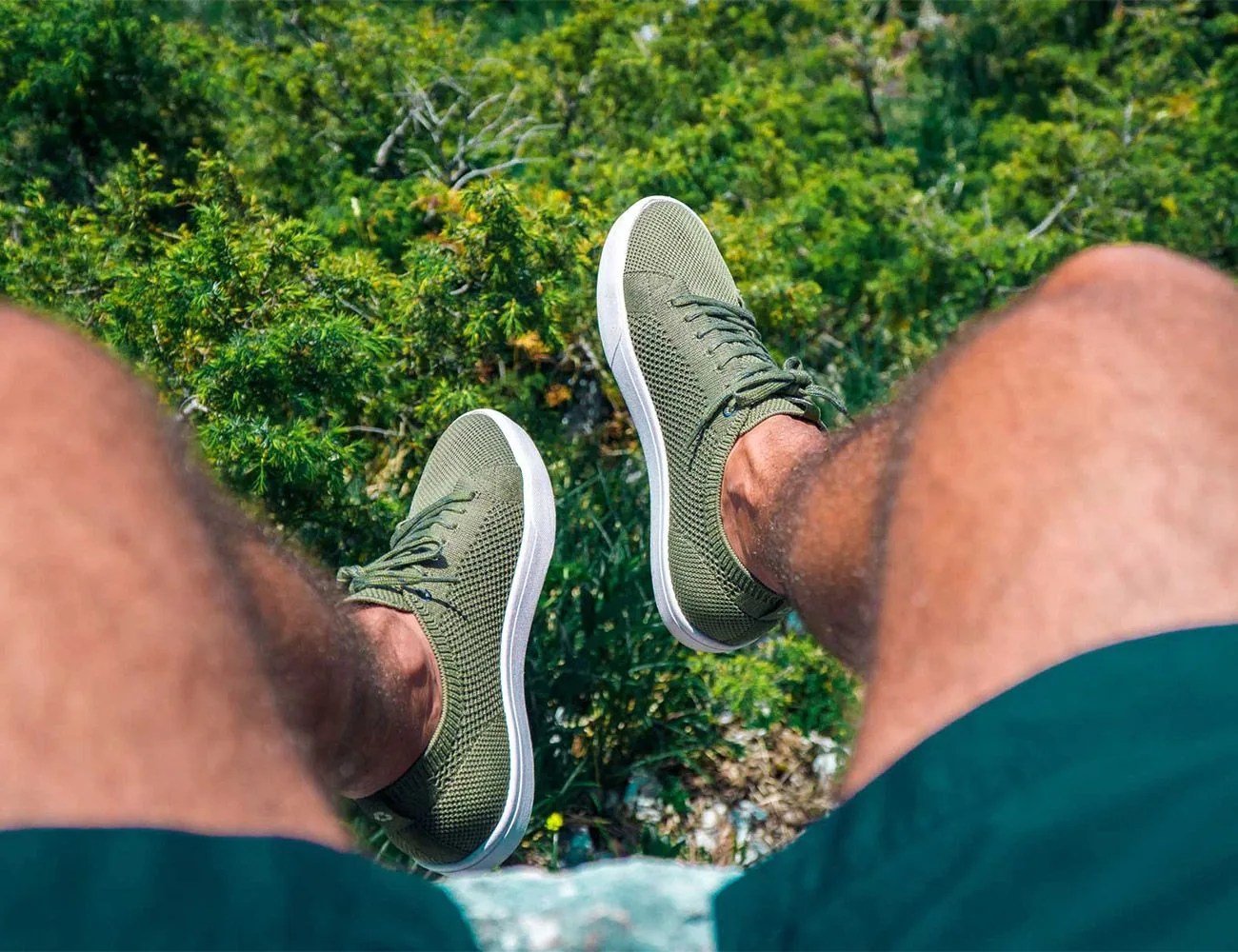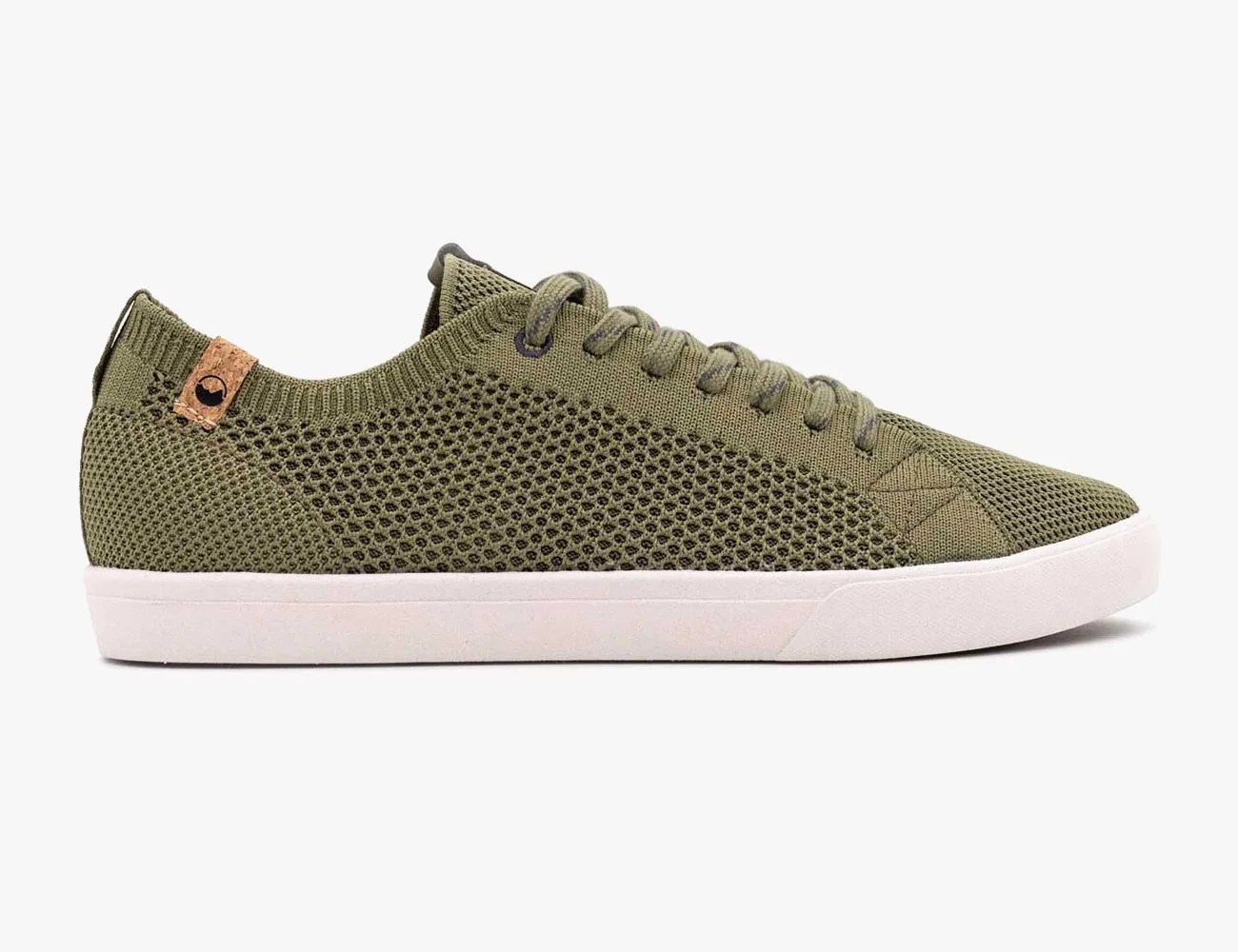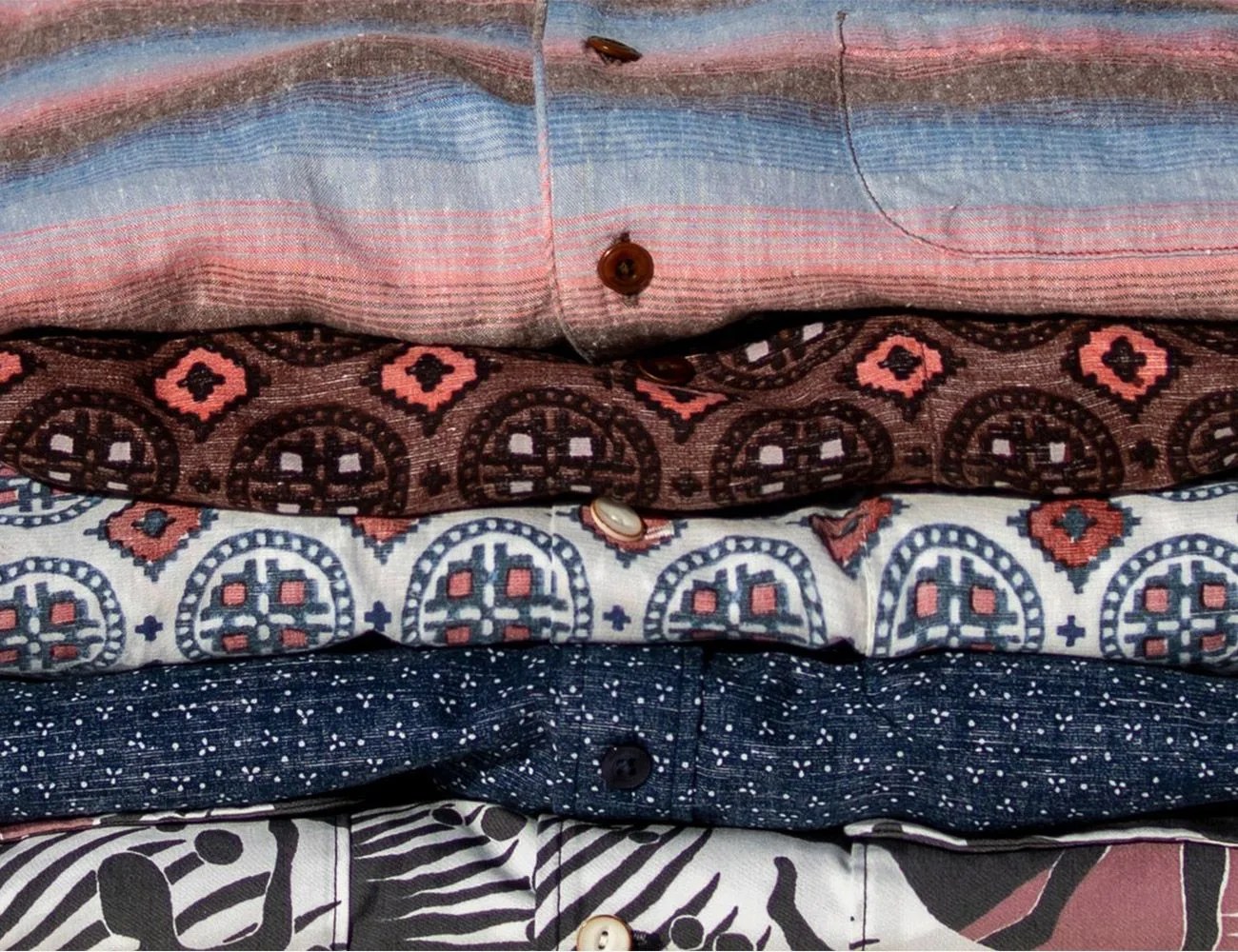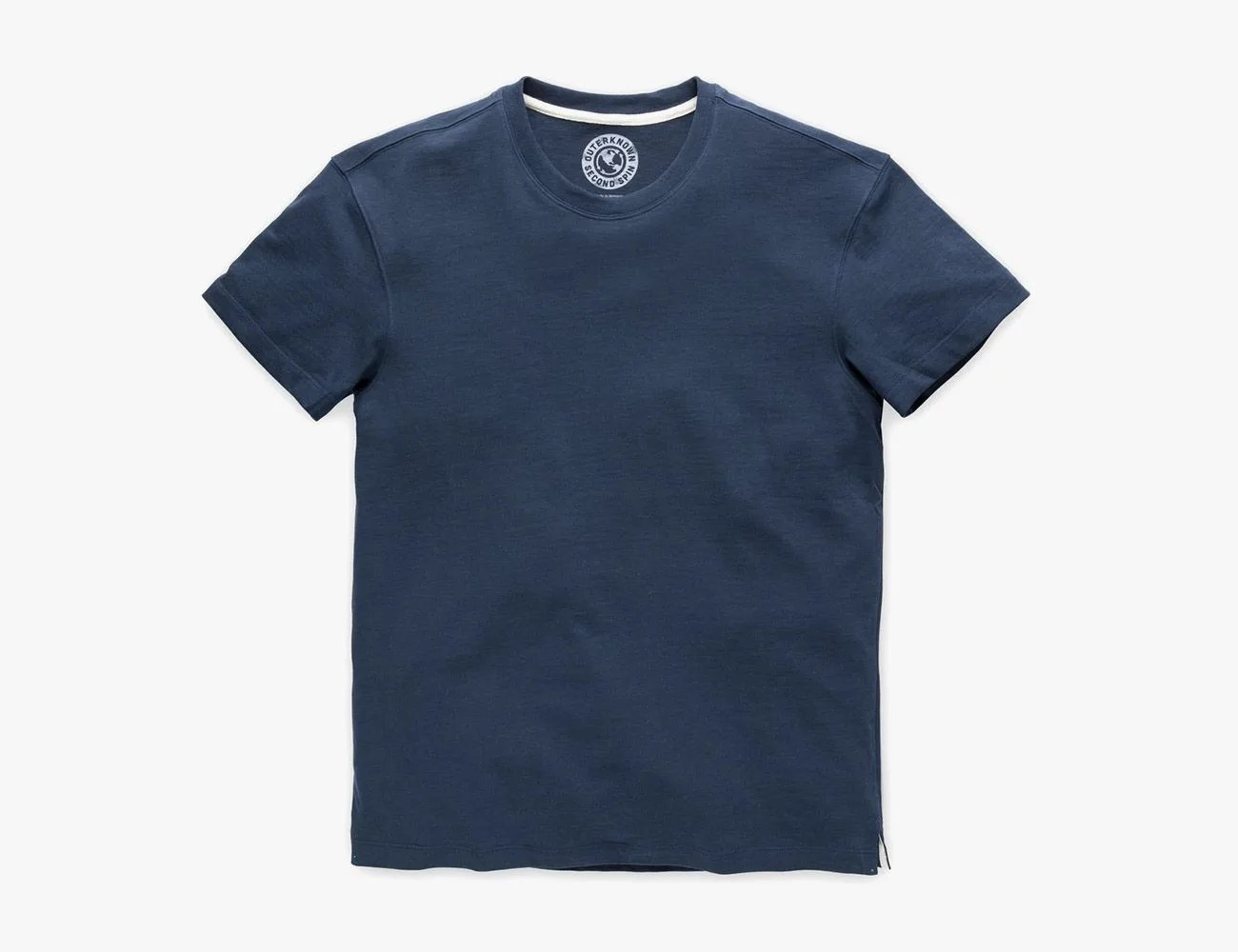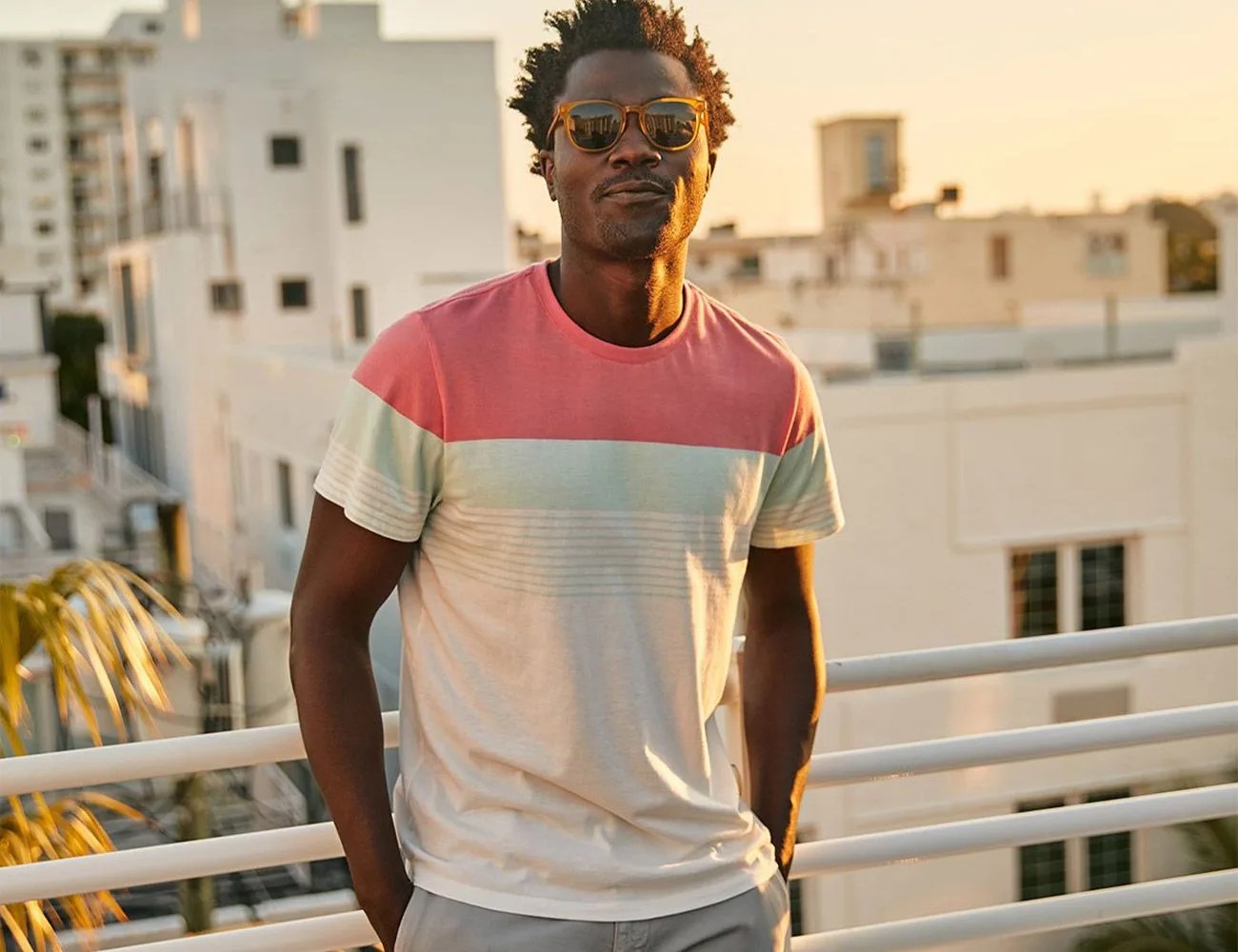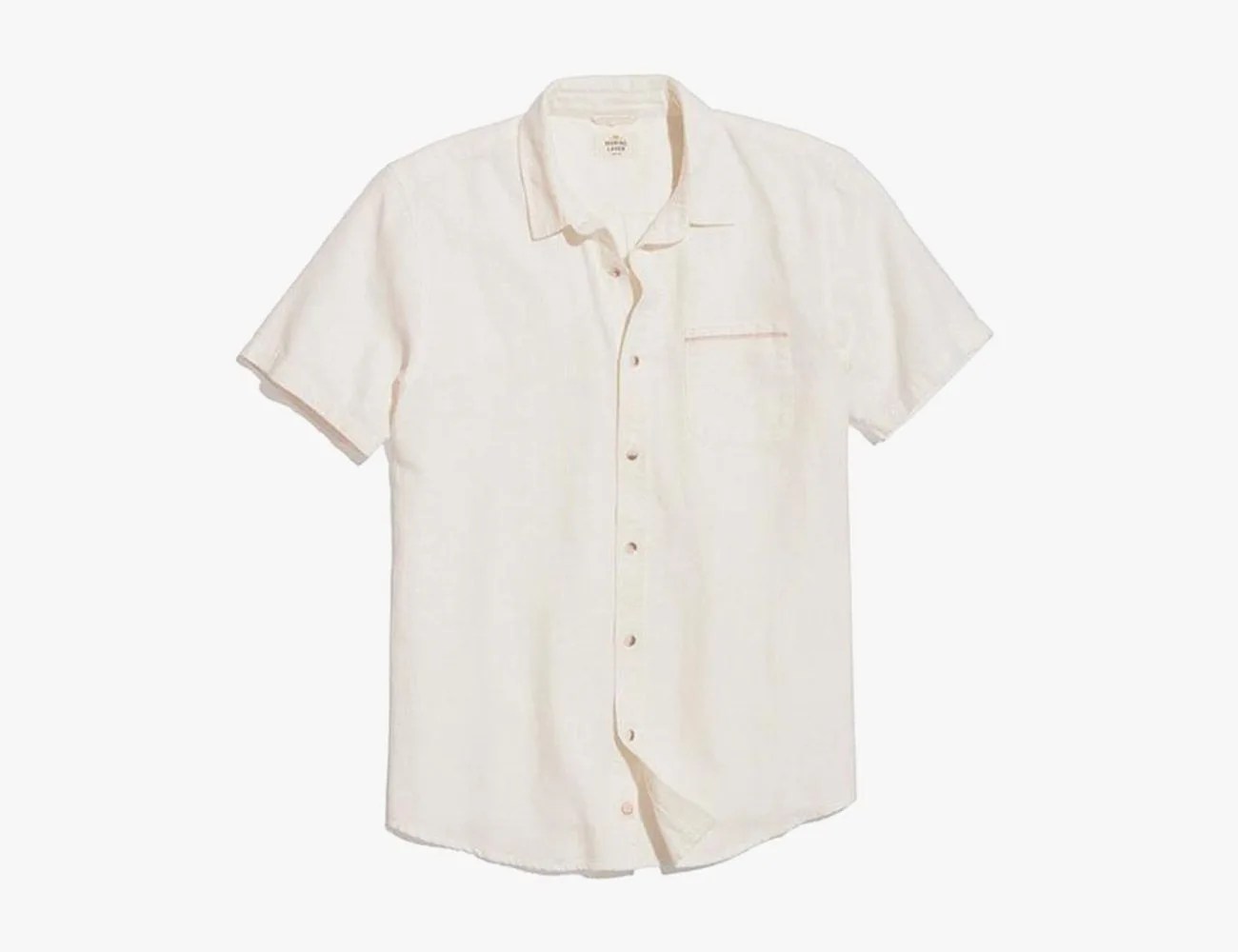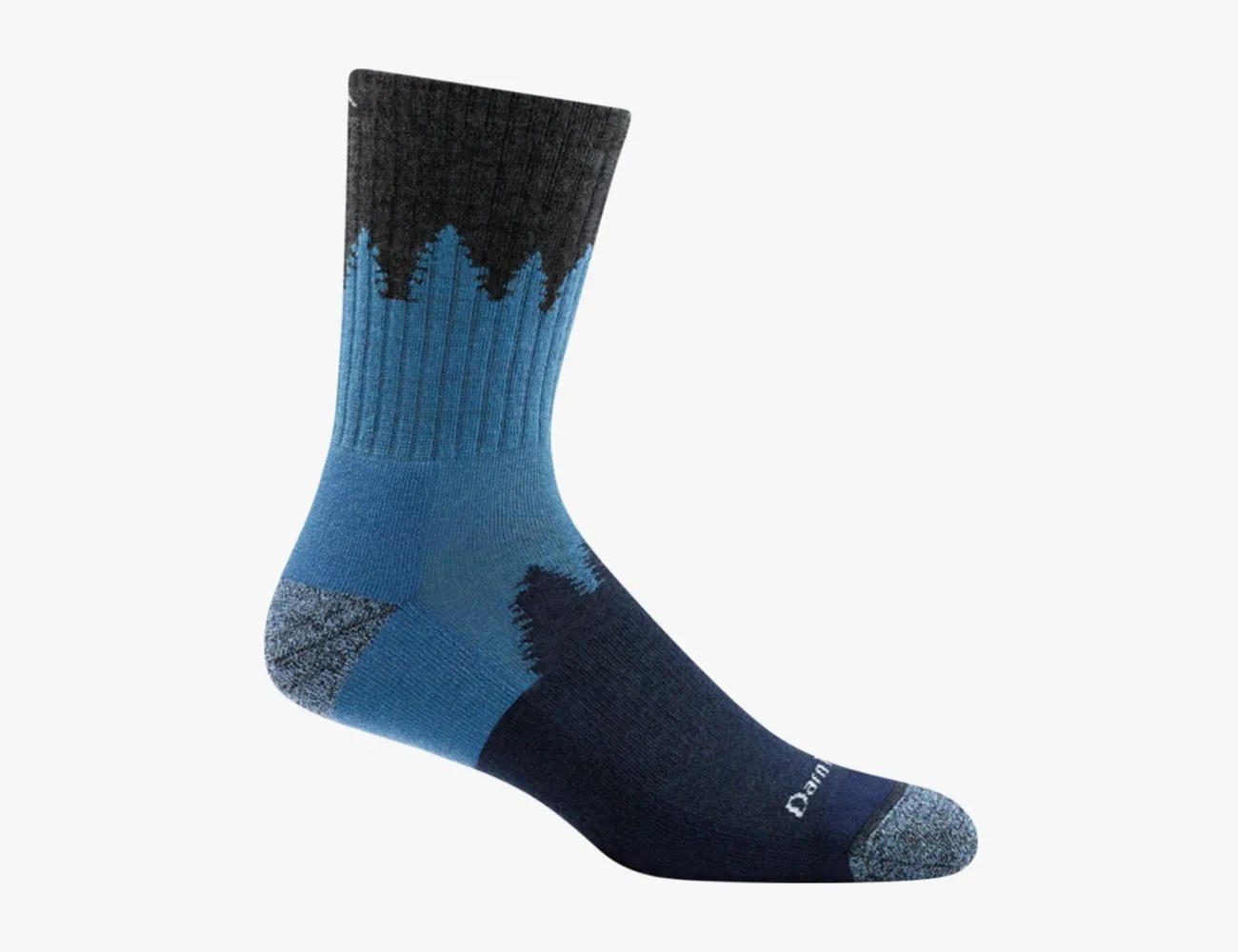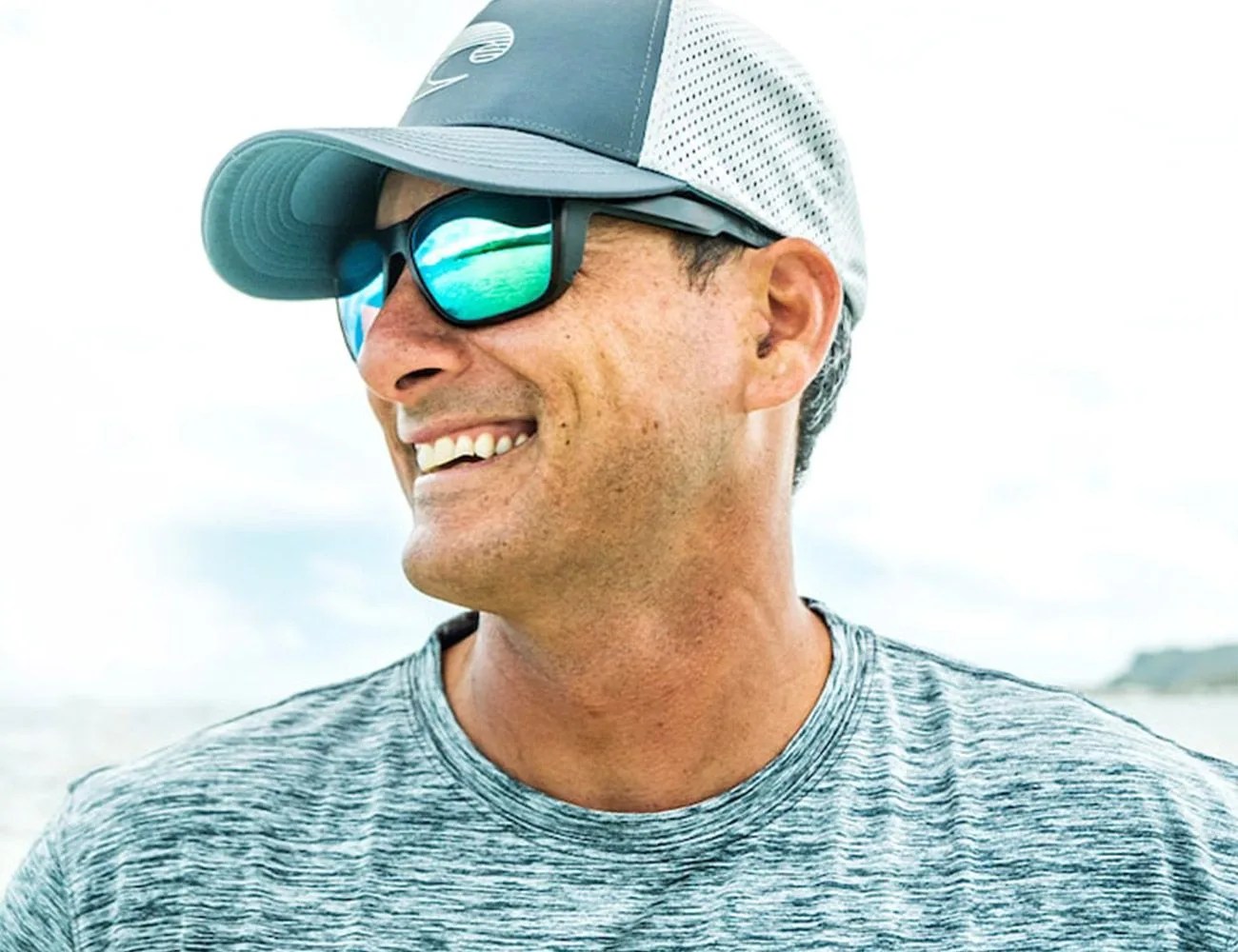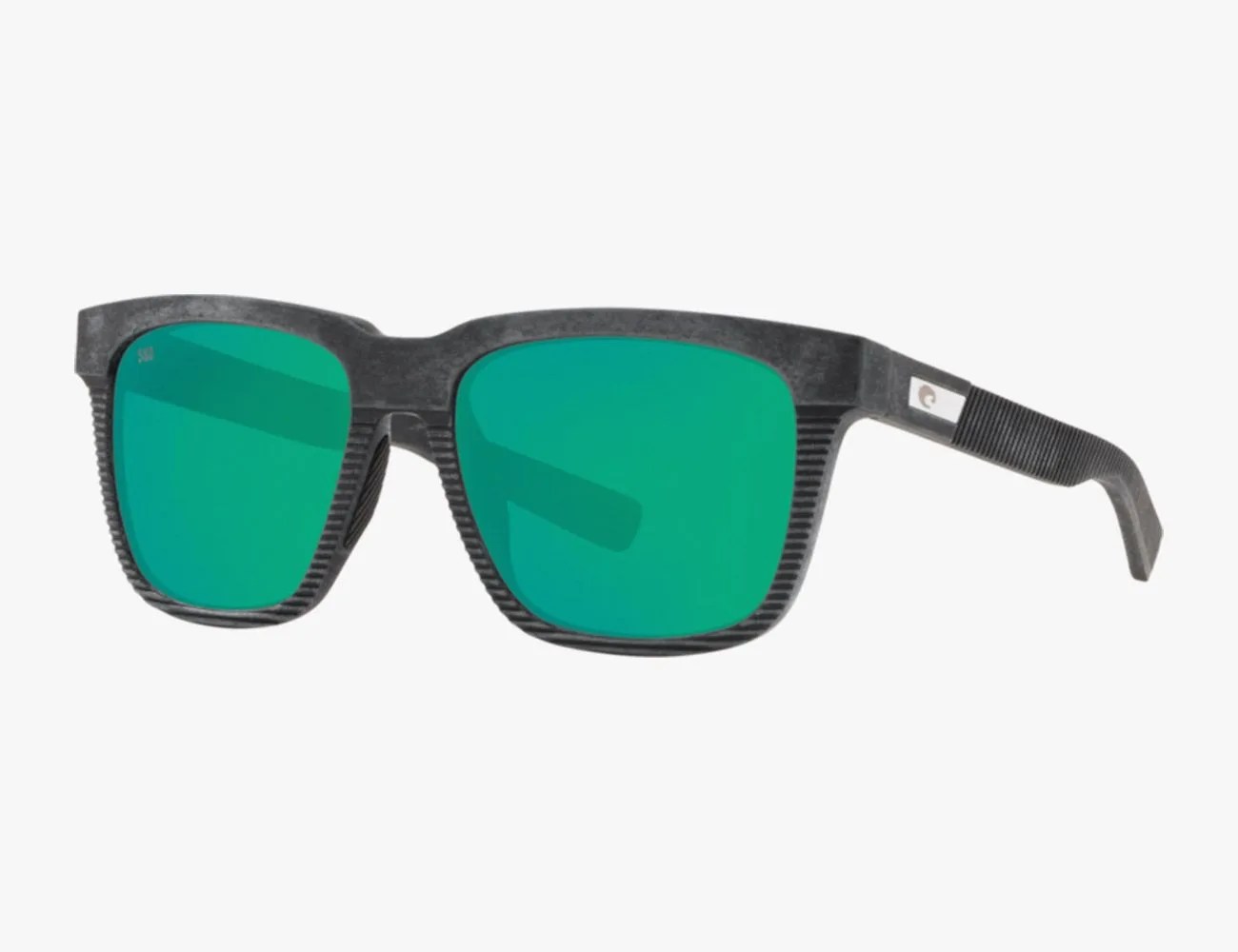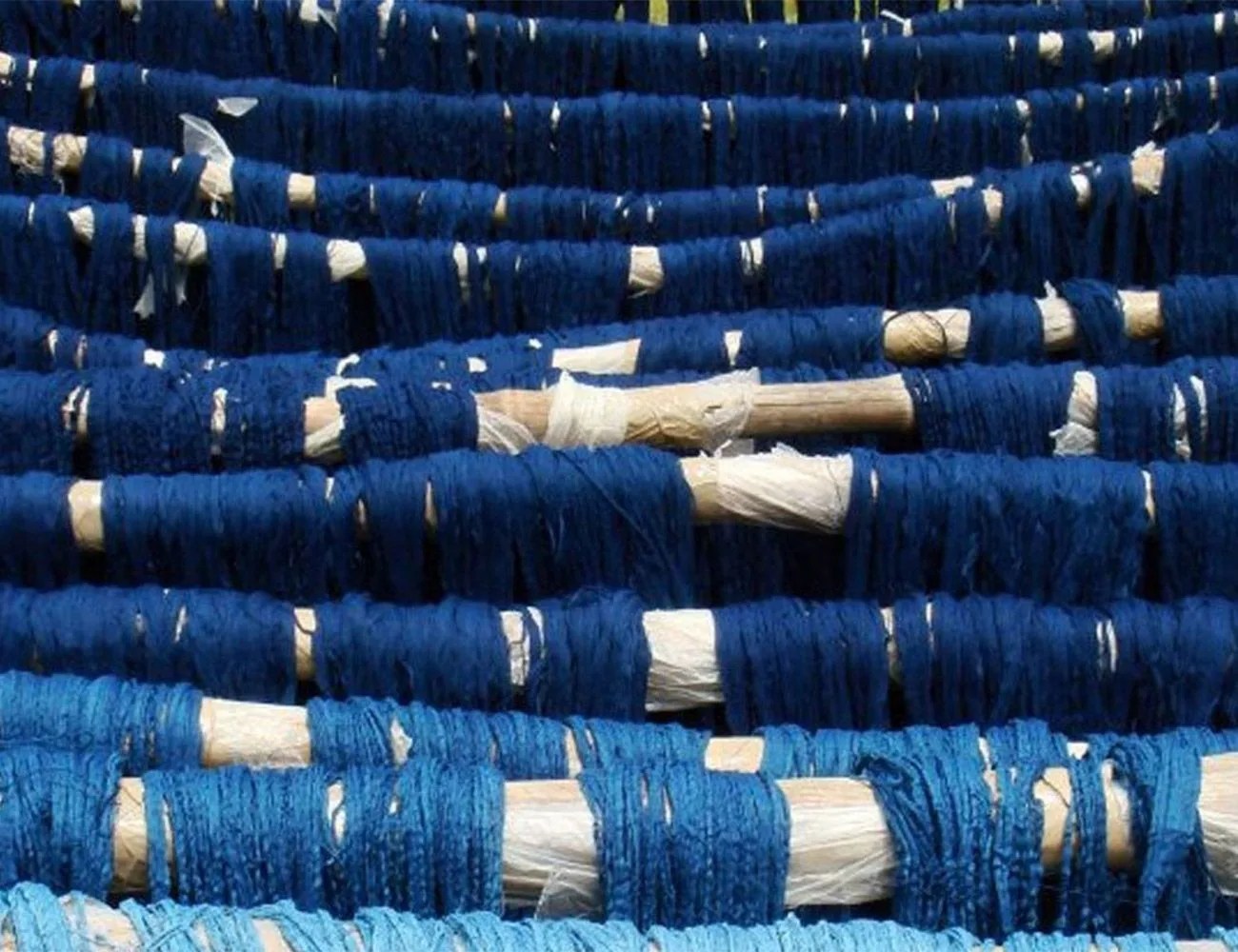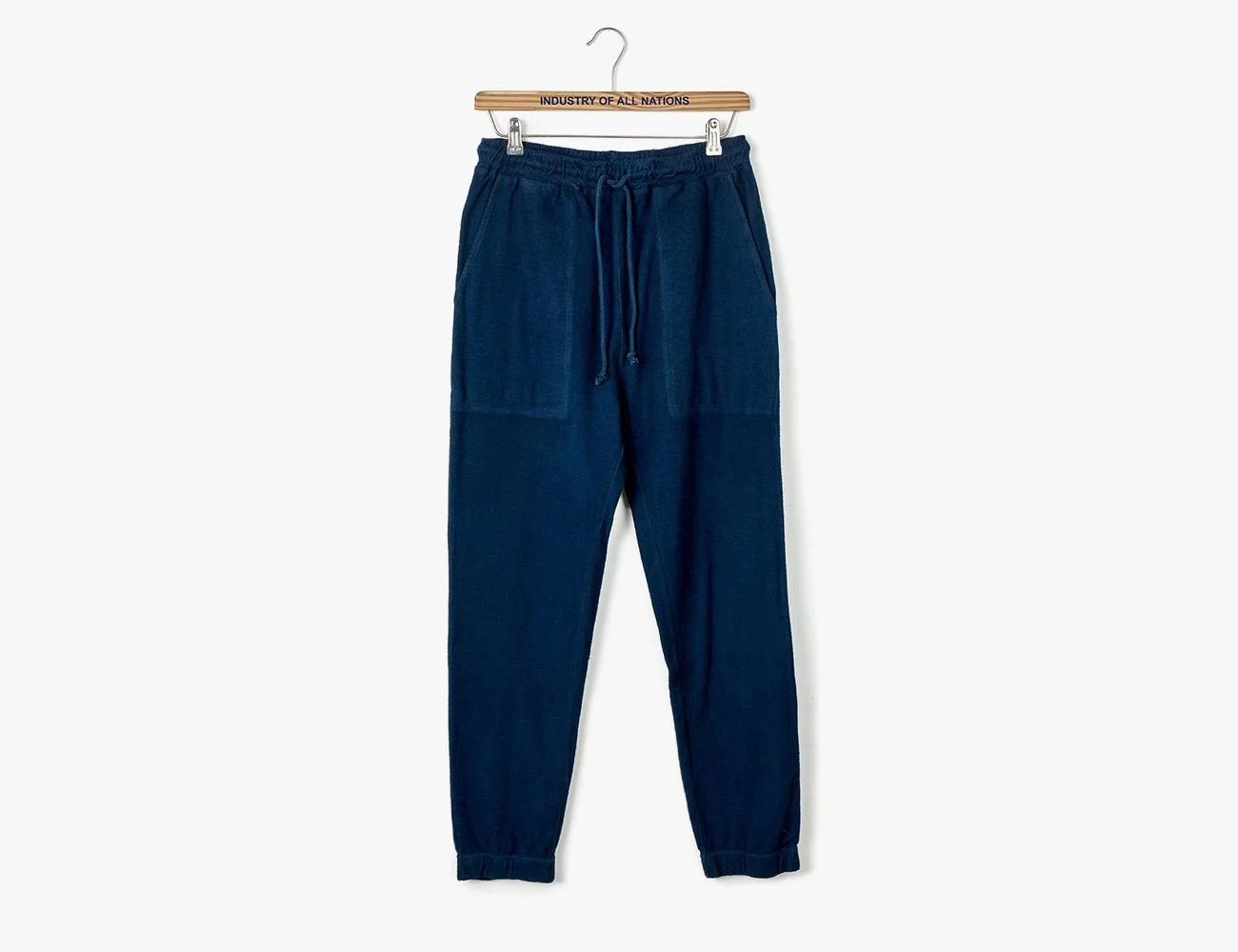It seems like only a few short years ago, most brands focused on putting out as much clothing as possible with little or no focus on the impact of that “quantity over quality” approach.
Fortunately, consumer demand forced most brands to take a hard look at their environmental and social impact and now “sustainability” is where the conversation starts. Not only is eco-friendly clothing becoming the norm, but it’s taking on a variety of shapes and styles with something suitable for every need and season.
Of course, there are brands that claim to be “sustainable,” and then there are the brands actually doing good work to help reduce the impact of their business and climate change as a whole.
The following ten men’s clothing brands are all great choices if you’re looking to support a company putting in the hard, necessary work to be better stewards of the planet.
Houdini Sportswear
 Houdini Sportswear
Houdini SportswearHoudini Sportswear has its roots high up in the peaks of Scandinavia and spent the better part of 20 years becoming a cult favorite in the mountaineering community. Along the way, the brand made a serious commitment to durable, long-lasting technical gear and was one of the first to use recycled polyester in 2005. Since then, they’ve grown into one of the most transparent brands in the business, focusing on circularity and using only 100% recycled, recyclable, renewable, biodegradable or Bluesign-certified fabrics.
